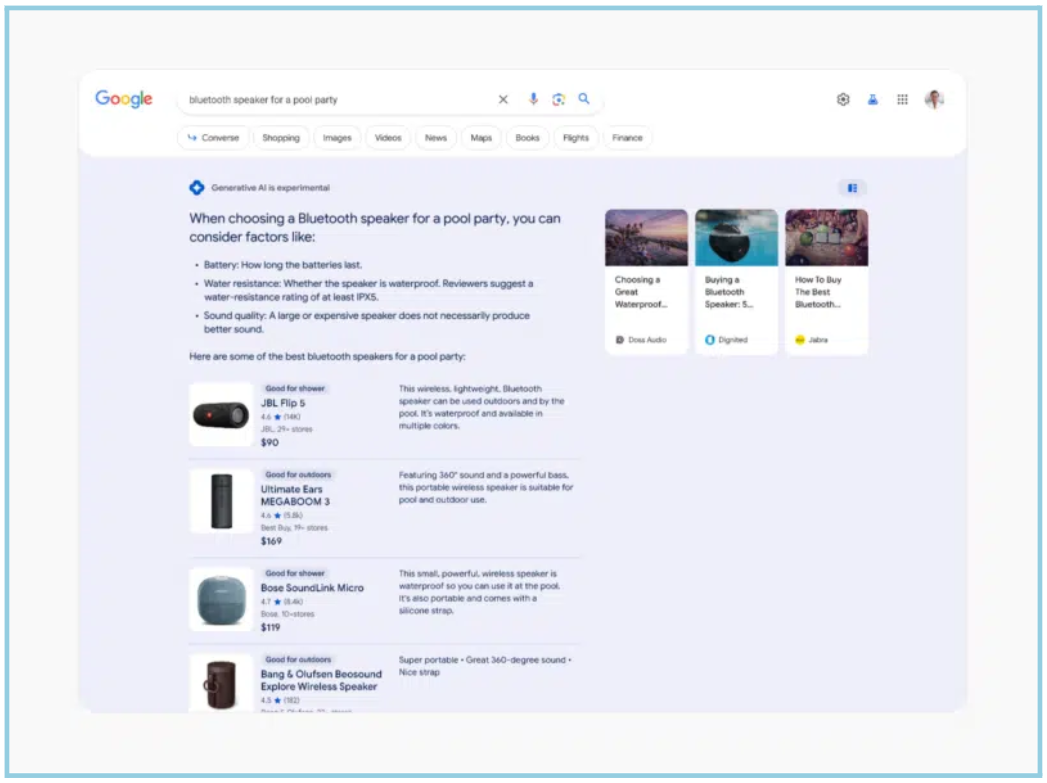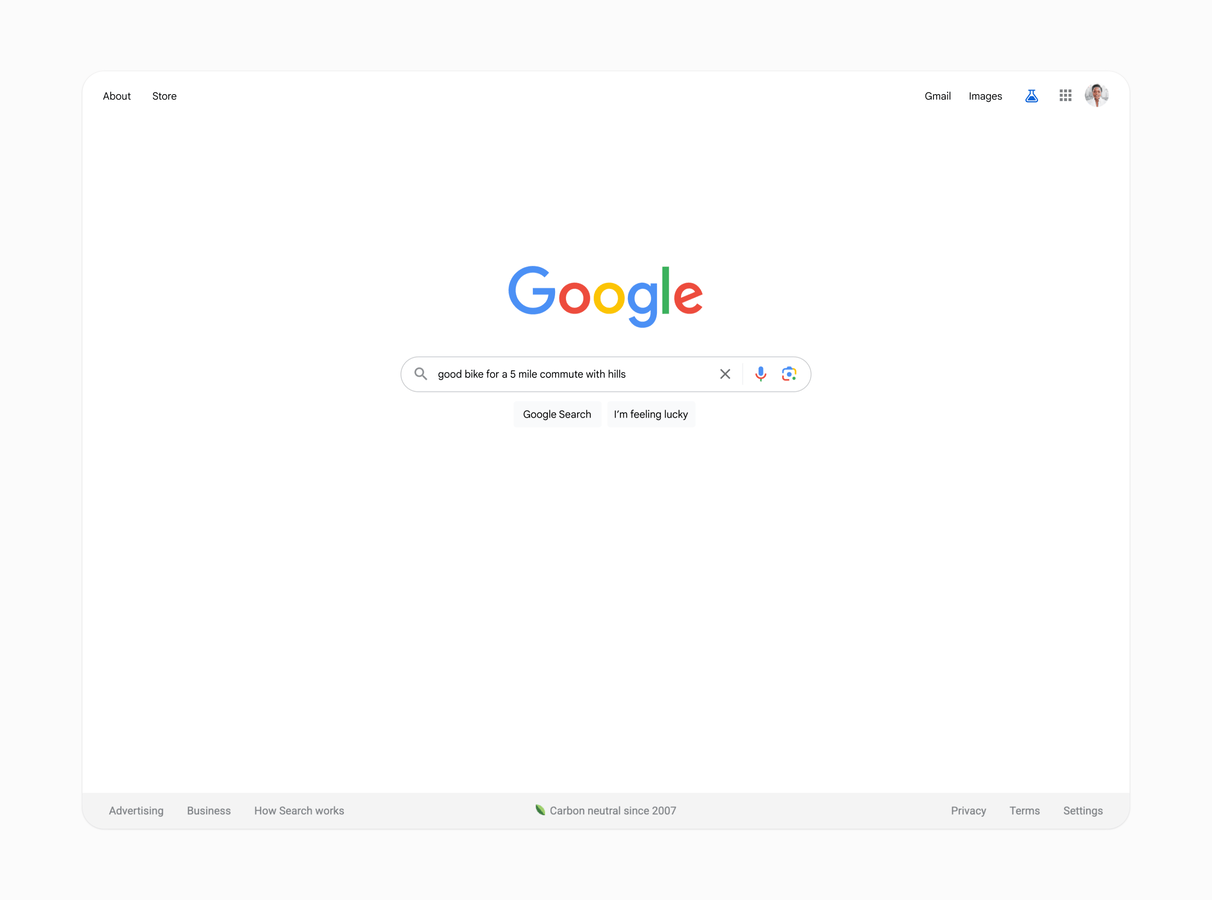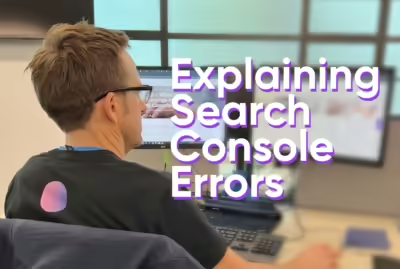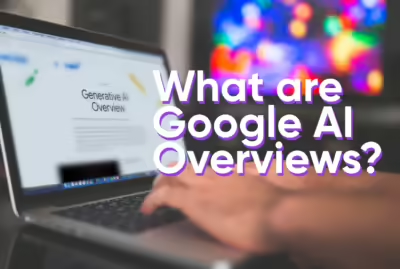Google has recently introduced an experimental search engine named Search Generative Experience (SGE)
The unveiling took place at the Google I/O conference on May 10, 2023. While rumors of the project “Magi” had circulated, the announcement solidified Google’s intention to implement significant changes to its Search platform. These changes revolve around the integration of artificial intelligence (AI) directly into search results, posing a competitive challenge to rivals like Bing AI and ChatGPT.
Google is determined to defend its search market share. There are hundreds of Billions of dollars at risk. The AI wars have really begun now!
What’s changed in SGE from Google’s current search model?
Unlike the traditional Google search, which presents a list of results with links, SGE takes it a step further. It uses generative AI to provide answers directly on the search page. When a user enters a query, a green or blue box appears, containing a unique answer generated by Google’s smart language model, similar to the functionality exhibited by OpenAI’s ChatGPT.
These concise answers are generated by aggregating information from various websites, accompanied by links to the sources used (the three boxes on the right in this image). Moreover, SGE enables users to “Ask follow-up” questions for more precise results (the green button on the bottom left).
Who can use the new Search Generative Experience?
SGE is not yet accessible to everyone. Interested individuals must enroll in Google’s Search Labs to participate. However, Search Labs is currently only available to a select few in the United States andonly in English. So here in NZ we may have a few more months to wait until it is rolled out. (No one wants a repeat of the BARD rollout. Especially Google).
Following the release of ChatGPT, many companies have embraced generative AI technology. Google entered this domain earlier this year with its own AI chatbot called Bard. Microsoft followed suit by integrating ChatGPT directly into Bing and introducing an AI image generator named Dall-E, courtesy of OpenAI.
It is worth mentioning that during the current trial phase, Google employs human reviewers to analyze certain data. Google acknowledges that generative AI is not flawless and occasionally produces incorrect outputs, referred to as “hallucinations.” These instances arise when the AI confidently asserts the truth of a statement that is actually incorrect.
Insights from a Product Search Example
Below is the answer to a search for “Bluetooth speaker for a pool party”.

Shopping tips in SGE
There’s a summary at the top detailing what you should care about in such a speaker: battery life, water resistance, sound quality. Links to three buying guides sit off to the right, and below are shopping links, each with an AI-generated summary next to it.
Similarities to human conversation
Google will try to be more factual than fluid
Google is trying to avoid the YMYL categories (Your Money Your life). Categories such as drugs and financial advice. So you won’t be getting AI generated results for questions such as: “Can I give my 5 year old panadol” or “Should I invest in Telsa now”
This new search experience places even more emphasis on producing informative responses that are corroborated by reliable sources. Explicit or danger topics SGE avoids, not enough info ……SGE also avoids.
The Techy Stuff
It’s powered by some of Google’s most advanced LLM (Large Language Model) work to date, including a new general-purpose model of LLM called PaLM 2 and the Multitask Unified Model (MUM) that Google uses to understand multiple types of media.
Is SGE the same as Chat GPT?
No, it isn’t.
A word from the Google:
“Given the trust people put in Search, we were intentional in constraining conversationality. What this means, for example, is that people might not find conversational mode in SGE to be a free-flowing creative brainstorm partner – and instead find it to be more factual with pointers to relevant resources,”
Is SGE the same as Chat GPT?
No. Bard is a chatbot that is capable of holding conversations in a similar way to humans.
When will SGE roll out in New Zealand?
No one knows yet. We still don’t know when SGE will come out of Google Labs and be introduced into Google’s US search.
How do I find out more?
What we do know is Google Ads and SEO will be fundamentally changed once the new experience goes live. The team here at Search Republic are monitoring the rollout of SGE and how it will grow and affect digital marketing. Please feel free to reach out to us with any questions you have.



